In case you haven’t seen OPPENHEIMER, I suggest you do, especially if you like films with good politics. The film is easily the most progressive film Christopher Nolan ever made, and is arguably one of the most progressive box office hits in the last ten years or more. I mean that sincerely and with no exaggeration.
No Exaggeration

OPPENHEIMER is in my view a great critique of, one, the Military-industrial complex, and two, its relationship to capitalism.
Most of the film is shown through the perspective of J. Robert Oppenheimer, a scientist and humanitarian with intentions to bring about peace. Oppenheimer, while not a perfect man, is presented as sympathetic to improving the human condition. He is a pro-union, New Deal Democrat. He not only wants academics to be unionized, but pushes for labor organizing on the campus he teaches at. He donates to many socialist and anti-fascist parties, including the socialists fighting Franco in Spain. He reads Marx along with many other writers and books. He dates communists, attends their gatherings, and is open to what they have to say. He believes Los Alamos should be given back to the Natives. Even his intentions of making the atomic bomb, while wrong and misguided in hindsight, are born out of his desire to stop the Nazis and their antisemitism (of which he himself could have been a target of), and pave the way to a world without war.
Yet despite his fear and hatred for the Nazis, most of the hardships he encounters throughout the film come in fact from the American government and its elites – all of whom are presented somewhere between callous and malicious towards human well-being. The most grotesque example of that is Lewis Strauss – businessman, AEC Chairman, and walking embodiment of the MIC, American exceptionalism and capitalism – but the tensions between Oppenheimer and the world go beyond just one person.
Prior to the Manhattan Project, Oppenheimer is shown monitored and stalked for being a suspected communist. Meanwhile on campus, he comes in conflict with his superiors due to his pro-union stances. The tension between him and the state continue throughout the project due to his left-wing stances and associations. After the war, he is slandered and stripped of his security clearance after he starts to publicly speak out against the hydrogen bomb. His contributions ultimately gave him no further input or real respectability in the eyes of the corporate state, who stripped him of any decision-making involving the atom bomb the second it was completed on July 1945.
Even with the description I just gave, I don’t feel that I’m doing the film justice. My favorite part is not the way it tackles the military-industrial complex or Cold War paranoia, but the way it depicts socialists and the need for unionization. Commentary on the former is important, but it has been somewhat normalized already by previous films. Commentary on the MIC and McCarthyism specifically has been done before in popular films, even in animated films like The Iron Giant. A popular film with this much focus on unionization and socialism, though, has not been done and been this big of a box office hit in a long time. Oppenheimer constantly stresses the importance of academics unionizing in the first act of the film, to the point that he is alienated from his higher-ups and (initially) from the Manhattan Project. His socialist friends and acquaintances receive major focus, and are presented as ordinary and smart people – flawed only like everyone else – and not as caricatures or unlikeable the way you would expect. The film also manages to make time for socialist theory, and the film goes out of its way to highlight the difference between abolishing “property” and “ownership” (the former being what socialists actually argue should be abolished).
But not everyone agrees with me. Some who share my politics have taken to the internet – Twitter specifically – to argue that the film is actually problematic and has pro-Establishment messaging.
Dissecting the Criticisms
There have been many criticisms made of this film. Some have been mild, while others have been more harsh. Some are founded, while other are (in my opinion) unfounded. And some are somewhere in between. As a result, it’s important to emphasize that the criticisms of this movie are not a monolith. I’m not saying that every Oppenheimer critic falls into these camps; just that a lot of them do.
More specifically, there are two criticisms that are somewhat popular right now on the Twitter platform:
- The movie glorifies / does not address the consequences of the bomb.
- The movie does not show the victims’ perspectives.
To begin dissecting them, we should first consider what “showing the consequences of the bomb” and “showing the Japanese perspective” both mean. The tweets making these points don’t bother to explain what they mean by that, what should have been done differently, or what would count as showing those things on screen. But I can guess they’re referring to one or more of these things:
- There should have been a VFX scene where ordinary Japanese people living in Hiroshima and Nagasaki are incinerated as they go about their lives.
- They should have showed some of the surviving victims (maybe through a mix of CG and special effects).
- They should have shown the reactions of Japanese people who lost their families in the bombing. (Given the uniqueness of nuclear bombs relative to other bombs, my guess is people are referring to the above two points instead on this one).
Both of these critiques, in my view, are a failure to engage with the film and its messaging as presented on screen. For one, the idea the film glorifies the bomb is strange, considering the film is told from Oppenheimer’s perspective. There is nothing from his perspective that would imply that:
- To reiterate a point from earlier, Oppenheimer starts out as a a Jewish American who plans to make the bomb to stop the Nazis. He admits from the start that he isn’t sure if anyone could be trusted with it, but that they know for a fact the Nazis can’t.
- As the movie goes on and the Nazis become less of an immediate threat, Oppenheimer has a change of heart. He becomes haunted by the effects on the Japanese victims and the potential of the bomb, tells Truman he thinks he has “blood on his hands”, and also comes to the conclusion that no one can be trusted with it.
- During his “office court” speech, he even states that he now realizes the government will use any bomb it has at its disposal.
Do any of these fit the definition of “glorifying” or not taking the threat of nuclear bombs seriously? Not that I know of.
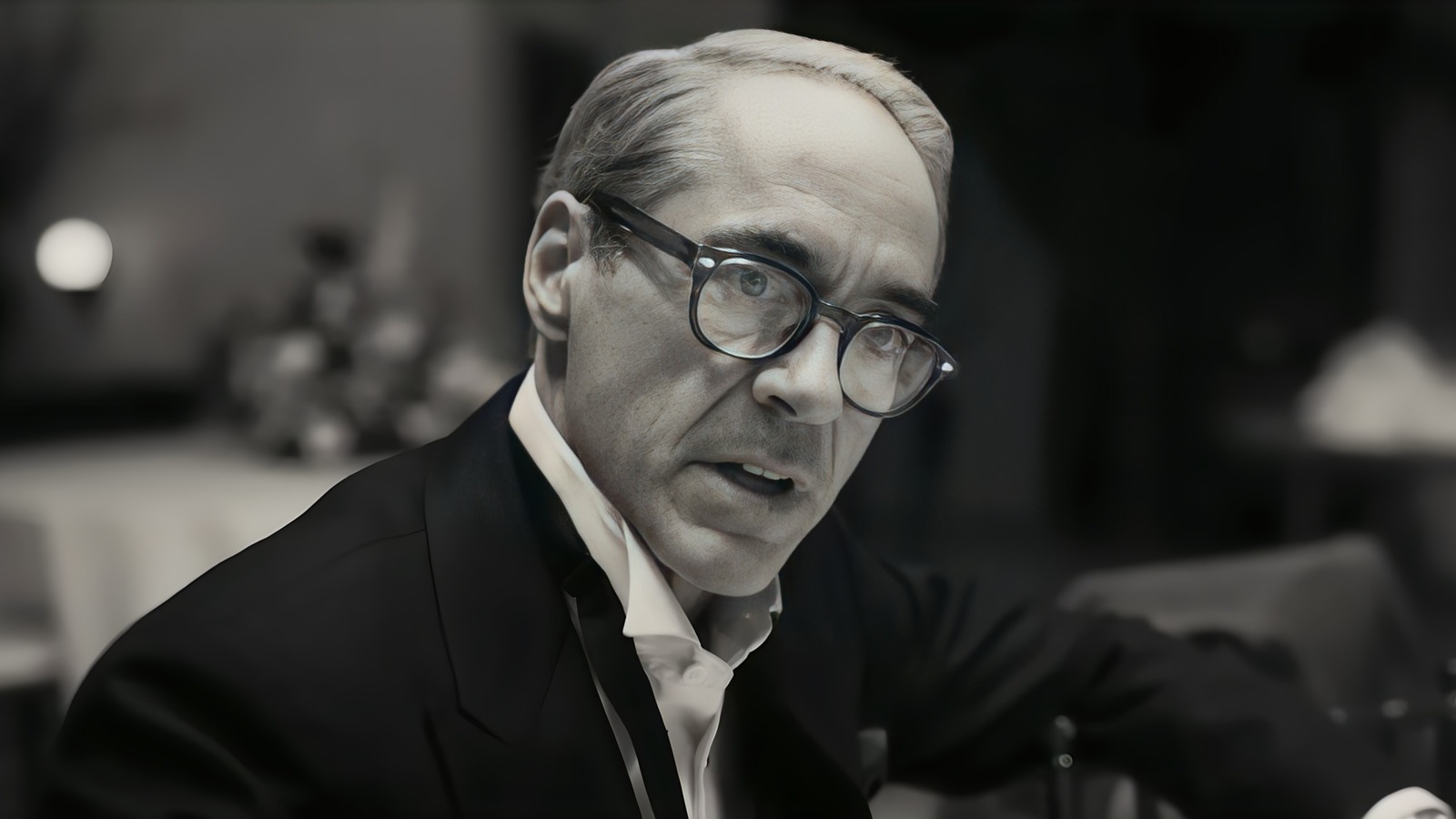
The only scenes where Oppenheimer’s perspective is not presented are in the black-and-white scenes from Strauss’s point of view. Strauss however is also the “bad guy” of the film – openly bragging of having power and wielding it – and is consistently presented that way by other characters and by the scenes in which he is shown blatantly screwing over Oppenheimer. Nolan goes out of his way to film the scenes from Strauss’s perspective in black and white, showing that Strauss does not see the world in a nuanced way the way most people do or like the real world (which, fun fact, is in color). Strauss is also depicted with paranoia and self-grandiosity, being arrogant enough to assume Oppenheimer and Einstein were gossiping about him when they were in fact pondering on the fate of humanity in light of nuclear bombs now existing. Point is, Strauss’s scenes can’t be taken as serious examples of the film glorifying or downplaying the bomb any more than Oppenheimer’s scenes, because the film itself does not take Strauss’s beliefs and worldview seriously.
The idea that the film doesn’t show the Japanese perspective is technically true – the film does not show anything from a Japanese person’s point of view. Narrative-wise, I’m not sure how it could have, as it is a biopic of Oppenheimer’s life. If the audience feels disconnected from the victims of the bombing, it is because Oppenheimer himself was made to feel disconnected by his own government – having his entire being reduced to a cog in the machine by a government that discarded his input and worth the second he was no longer of any use to them. By learning of the atrocities through only Oppenheimer’s eyes – who only has access to footage and newspapers reporting on them – the audience experiences the same alienation that he was put through. And by experiencing that alienation, the callousness and maliciousness of the American government becomes only clearer. If they treat a respectable upper-middle class white man like that just because he opposes their agenda, it’s clear they would be even more callous and malicious towards more vulnerable people and people of “lower” status.
Therefore, the implication in a lot of these Twitter critiques seem to be that because the scene does not show any Japanese perspective, it is therefore glorifying the bomb or downplaying the atrocities. And if that is what the implication is, then Point #2 is just Point #1 from all the way above, but rephrased. It also means that both points then are a failure to engage with the film and its messaging as presented on screen.
Still, perhaps there is truth to the claim that including a graphic scene of, say, a Japanese family getting incinerated during a picnic, or a Japanese person bleeding from their rectum and nostrils before they die of radiation, would have further driven home the horrific nature of those bombings. If a biopic entirely from that perspective was made instead, would there still be critiques and accusations of offense or of the film being problematic?
Unfortunately, another recent biopic that tried to bring attention to another atrocity would suggest that, yes, Twitter would be upset either way.
‘Dahmer’ Was The Anti-Oppenheimer.
Less than a year ago in September, Netflix put out a true crime miniseries called Monster: The Jeffrey Dahmer Story (also known as DAHMER). As I’m sure everyone reading this already knows, the show was a biographical piece on the Jeffrey Dahmer murders of 1978-91.
The show interestingly has some surface similarities in common with Nolan’s OPPENHEIMER. Both are biopics featuring real-life white men that brought death and pain to people of color. Both biopics also drew attention to the systemic factors and callousness that led to the victims’ deaths. Both also came out less than a year apart. Where Netflix’s show differs, though, is in the perspective they decided focus on. Per Evan Peters, the show’s intent was to always get the victims’ perspectives and to never sympathize with the killer:
“As an audience, you’re not really sympathizing with him. You’re not really getting into his plight, you’re more sort of watching it from the outside.” … [The] American Horror Story actor has now revealed the one rule that co-creator Ryan Murphy set and followed throughout production, writing and filming. While it’s called The Jeffrey Dahmer Story, the show aims to avoid focusing on him, and does not seek to humanize Dahmer or make the audience sympathize with him. The limited series focuses on the victims, telling their story as well as focusing on the police mishandlings, racism and homophobia that surrounded the case. Discussing how all of that was handled in production, Evan Peters told Netflix that “everybody gets their side of the story told” in the show.
“We had one rule going into this from Ryan [Murphy] that it would never be told from Dahmer’s point of view,” Evan said. “As an audience, you’re not really sympathising with him. You’re not really getting into his plight, you’re more sort of watching it from the outside.” He continued: “It’s called The Jeffrey Dahmer Story, but it’s not just him and his backstory. It’s the repercussions; it’s how society and our system failed to stop him multiple times, because of racism and homophobia…. The Jeffrey Dahmer story is so much bigger than just him.”
Rashad Robinson, the president of Color of Change, was consulted “to ensure that the victim’s stories were front and centre in the writing and production of the project.” As the series evolves, DAHMER explores how the case was mishandled by the police, and how Dahmer’s crimes were pretty much ignored and passed over by law enforcement for over a decade – one reason being because Dahmer was a white man.
(Katie Louise Smith, 2022) [2]
DAHMER, in short, embraces exactly the kind of perspective that OPPENHEIMER critics demand should have been embraced – that of the victims and their families.
In spite of this, the show still received criticisms and accusations of it being problematic (yes, especially on Twitter). Like with OPPENHEIMER, the criticisms were not a monolith, and ranged from weak to strong to somewhere in between. Criticisms such as Netflix not contacting the victims’ families and not paying them for the success of the show, I completely agree with. Other criticisms I’m not sure what to think about, such as the decision to cast an attractive actor like Evan Peters in the role of Dahmer. However, I think those criticisms make good points and have a lot of validity to them. Two criticisms in particular, though, I think are weak and inconsistent with the criticisms of OPPENHEIMER. A lot of viewers argued against the making of the show on the principle that, one, it supposedly glorifies the Dahmer and the murders, and two, it makes everyone relive the murders.
Some people have called for a boycott of content that glorifies real-life violence… In the wake of the release of the aforementioned [show], Twitter user @pk_kenzie led the calls for people to switch off Netflix. Getting over 80,000 likes and over 12,000 retweets, they called for people to watch some of the streaming service’s lighter content instead.
dont watch blonde, dont watch the dahmer show, dont let netflix think ppl actually want this stuff and instead stream content you actually want to see more of so they know what you actually want from them
(Kenzie, 2022) [3]“It’s an interesting moment in media right now because viewers seem to have an insatiable appetite for true crime, and movies and series that can claim to be ‘based on a true story’ at the same time that some are uncomfortable about the exploitation of violence and trauma on a platform such as Netflix,” Professor Ruiz of the University of Notre Dame told Newsweek. “People get a lot more outspoken when ‘what really happened’ is dramatized,” he added… “Many of the comments [online] defend the series… by claiming that they ‘raise awareness.’ Come on, anyone can learn about Dahmer… without Netflix dramatizing [his] histories.”
(Jamie Burton, 2022) [4]
[By] most accounts, DAHMER has failed to make a case for its own existence. Now that audiences have had a chance to check it out, many are calling the series’ dramatizations of Dahmer’s unconscionable crimes needlessly exploitative:
(“Here’s why viewers are calling Ryan Murphy’s Jeffrey Dahmer series exploitative,” 2022) [6]How many more times do we need to talk about Jeffrey Dahmer or Ted Bundy? They really aren’t as special as we’ve made them out to be over all these decades. There’s nothing more to say about them
(Reign, 2022) [5]
At the time DAHMER came out, I remember disagreeing with these critiques. In regards to it glorifying the murders, I felt that the gore of the show was the whole point, as other viewers already have pointed out. I also thought the show did a great job showing how racism and homophobia led to Dahmer’s acts being overlooked by the police and by prosecutors. It seemed to me that a lot of Twitter users’ standard for the show “glorifying” the murders was the series simply showing and talking about the victims.
In regards to it making everyone relive the murders, I felt there was at least some value in reminding the public of them – though I sympathize with the victims’ families that would have preferred the show not get made. The way I see it, biopics are a great way to get you in the head of a real person, emphasize with their struggles and thus understand their pain in a way you can’t just by reading a description of what happened. I felt this was even more applicable to a show like DAHMER, which is told from the victims’ perspective, and in which the victims come from demographics whose problems and struggles are often overlooked (mainly that of Black and LGBTQA+ people). Also, I felt it was smart to revisit the issue in the 2020’s when people are a lot more conscious of these problems than in the 80’s and 90’s (though things are still far from perfect). There are also new generations of Millennials and Gen Z’s that did not know the story in full detail until the show dropped. Getting Netflix viewers to relive the horrors and see the factors that led to seventeen people being murdered can not only educate about contemporary issues, but can also offer insight on how to help movements like Black Lives Matter or fight the transgender bigotry rampaging the world right now.
Regardless of my opinion, I was open (still am) to the possibility that I’m wrong about all this. I’m also open to the possibility that I can be wrong about OPPENHEIMER, and that the critics are right. I’m almost certain I’m not wrong about both, though. Regardless of how we look at it, critiquing a biopic for showing the victims’ perspectives along with their pains and deaths, but then also critiquing a film like OPPENHEIMER for not including the kind of scenes you would find in DAHMER, seems logically inconsistent.
By reflecting on this, we can learn certain things about the function of Twitter and social media platforms in general.
The Problem with Twitter

The two main critiques of OPPENHEIMER and DAHMER we discussed are inherently contradictory. Yet these critiques found a hotspot of adherers to them on Twitter. In some cases, all the criticisms discussed have been made by the same Twitter users. Since both of these projects came out within less than a year of each other, they also cannot be attributed to generational differences or a change in attitudes. (If DAHMER came out ten or even five years prior to OPPENHEIMER, the contradictory response to them would maybe make more sense). They do however highlight problems with the platform that have been pointed out before, and in OPPENHEIMER‘s case it proves the problems are true.
The first is the surface-only nature of current Twitter. As most people that have experience with the platform can tell you, Twitter is designed for instant gratification and surface-only analysis. Because analyzing the subtext or messaging of a piece requires one to look past surface details, there is thus no room for nuance and context. Twitter’s lack of nuance and context is explained brilliantly by Ben Burgis in his critique of Twitter users to who harassed activist Barbara Ehrenreich:
“When the online mobs are getting worked up about a Bill Burr or a Dave Chappelle, there’s at least a non-trivial possibility that the object of their outrage might actually have some flawed moral and political values… If the comic’s on-stage rants about his relationship with his girlfriend involve an element of joke-y sexism, you can at least see where suspicions of underlying non-joke-y sexism are coming from. When the mob is yelling at someone like Barbara Ehrenreich, something much dumber is going on. Ehrenreich has been part of the socialist movement, the women’s movement, and the peace movement since the Vietnam era…. Fast forward to 2019. In a tweet about popular Japanese decluttering guru Marie Kondo, Ehrenreich mused out loud about what it might say that Kondo was this popular with American audiences despite the fact that she didn’t speak English. Previous generations of mainstream television viewers wouldn’t have been willing to read subtitles in exchange for that kind of content, and Ehrenreich tweeted that this was a sign that “America is in decline as a superpower.”
It always feels strange to spell out in detail what you take to be the point of someone else’s throwaway tweet, but here goes: While America remains the world’s dominant power, recent geopolitical shifts have complicated and somewhat undermined that dominance. This change has made itself felt in the cultural sphere, where we can see indications of the declining imperial arrogance of citizens of the United States. Americans once took it for granted that everyone in the world—certainly anyone with a claim on their attention—would learn their language but those expectations have begun to shift. Isn’t that interesting?
I suppose someone hearing Ehrenreich’s name for the first time when the ensuing Twitter pile-on was in progress might be forgiven for thinking the point of her tweet was flag-waving “everyone should learn English” xenophobia, but anyone with any previous familiarity with the woman or her decades of writing and activism should know better. She’s spent decades as a critic of the American Empire. Why on earth would she suddenly now think its decline was an unwelcome development?
(Ben Burgis, 2021, p. 74-76) [7]
The point Burgis makes, I would argue can also be applied to Nolan’s OPPENHEIMER. At least with DAHMER, casting an attractive actor as Dahmer and doing a show that depicts his childhood can kinda-sorta be seen as problematic on a surface level. With OPPENHEIMER, the fact is that the film is about a man who is haunted by his invention, who has it stripped from him by a government portrayed both callous and malicious (so much that Oppenheimer’s advising to give the Trinity Test land back to the Natives causes the film’s Truman to show disgust on his face), who is spied on and legally disenfranchised by his own government for turning against it. To adopt a phrase from Burgis, why would on earth would such a film attempt to glorify the atrocities or the military-industrial complex?
Second, OPPENHEIMER arguably makes it even clearer just how much of Twitter is fueled by anger and sensationalism. Yes, Twitter being a hotspot for such negativity is not exactly breaking news. Past studies have shown that negativity spreads faster on the platform than positive news, even though there is significantly more “positive” content on it. [8] There is evidence to suggest that even supposed positive tweets get interpreted as more negative than they actually are. [9]
But there is arguably no better examples of that than both OPPENHEIMER and DAHMER getting backlash in less than a year despite them being the exact opposite of each other. Had Nolan included scenes of the Japanese atrocities from the point of view of the Hiroshima and Nagasaki victims, there is a decent chance the criticisms would have been similar to DAHMER. Like with Netflix’s hit show, the film could too have easily been criticized for glorifying the murders, the murderers, and making one relive the horrors. If anything, such scenes with such point of view on the big screen (which typically still brings more money than streaming releases) is bound to receive even louder and stronger accusations than DAHMER did. Regardless, the point is that it seems it would have been a no-win situation either way on Twitter due to the negative-slant currently in the platform’s favor, and due to users’ tendency to interpret everything more negative than it really is.
It is for these reasons why Twitter must escape corporate control and be under public control. Not only does corporate control of the platform make it lack more substance and critical thinking than it would otherwise, it can also cause us to vilify and not pay attention to pieces of art that address real problems.
As a child of the 90’s, Twitter users lumping OPPENHEIMER with propaganda films reminds me of parents and right-wing groups in the 90’s and 2000’s that angrily decried smart and intense television shows or violent video games. A lot of the shows I watched and games I played in those decades had lots of positive messaging, including critiques of mindless violence caused by bad faith actors (lots of anime and Toonami action shows come to mind). A lot of the OPPENHEIMER critiques are about just as surface-level as that, and its critics are in some ways a modern successor to those critics. The difference is that the critics of the 90’s did not have a corporate-run platform which promotes their negativity the way Twitter does today.
Just in case Elon Musk’s shenanigans were not enough to justify that no one should own this platform, the reactions to OPPENHEIMER are another reason to add to the list.
References
- Smith, C. (2023, July 24). I was a US nuclear missile operator. I’m grateful for the Oppenheimer film. The Guardian. https://www.theguardian.com/commentisfree/2023/jul/24/nuclear-war-oppenheimer-serious
- Smith, K. L. (2022, September 28). Evan Peters explains the one rule Ryan Murphy put in place on Netflix Dahmer series. PopBuzz. https://www.popbuzz.com/tv-film/news/evan-peters-jeffrey-dahmer-victim-story-rule/
- Kenzie. [@pk_kenzie]. (2022, September 29). dont watch blonde, dont watch the dahmer show, dont let netflix think ppl actually want this stuff and instead stream content you actually want to see more of so they know what you actually want from them [Tweet]. Twitter. https://twitter.com/pk_kenzie/status/1575341786251202560
- Burton, J. (2022, October 5). Why Outcry Against Netflix’s ‘Blonde,’ ‘Dahmer’ May Be Missing the Point. Newsweek. https://www.newsweek.com/outcry-against-netflix-blonde-movie-dahmer-series-missing-point-expert-1748994
- Reign. [@ReignBotYT]. (2022, September 26). How many more times do we need to talk about Jeffrey Dahmer or Ted Bundy? They really aren’t as special as we’ve made them out to be over all these decades. There’s nothing more to say about them [Tweet]. Twitter. https://twitter.com/ReignBotYT/status/1574375004258582532?ref_src=twsrc%5Etfw%7Ctwcamp%5Etweetembed%7Ctwterm%5E1574375004258582532%7Ctwgr%5Eed228fe040f8120a7643d15b6376a585705c0223%7Ctwcon%5Es1_&ref_url=https%3A%2F%2Fwww.queerty.com%2Fheres-viewers-calling-ryan-murphys-jeffrey-dahmer-series-exploitative-traumatizing-20220926
- Here’s why viewers are calling Ryan Murphy’s Jeffrey Dahmer series exploitative and traumatizing. (2022, September 26). Retrieved from https://www.queerty.com/heres-viewers-calling-ryan-murphys-jeffrey-dahmer-series-exploitative-traumatizing-20220926
- Burgis, B. (2021, April 30). Canceling Comedians While the World Burns: A Critique Of The Contemporary Left. John Hunt Publishing.
- Ivanova, I. (2021, July 5). On Twitter, bad news spreads faster than good. CBS News. https://www.cbsnews.com/news/twitter-bad-news-spreads-study/
- People systematically overperceive the level of moral outrage expressed in political tweets, study finds. (2023, June 3). Retrieved from https://nordot.app/1037804230961791570?c=592622757532812385
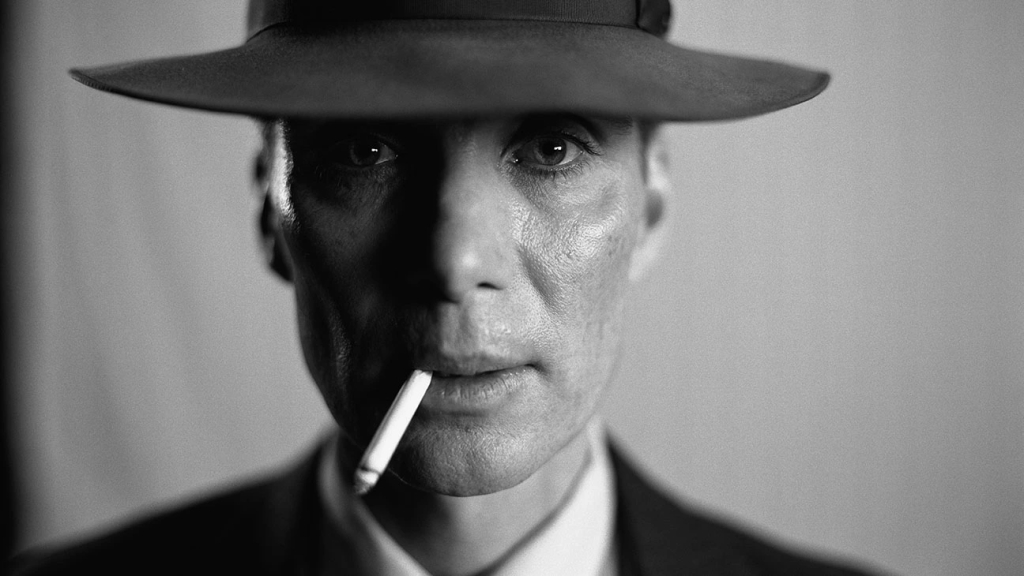
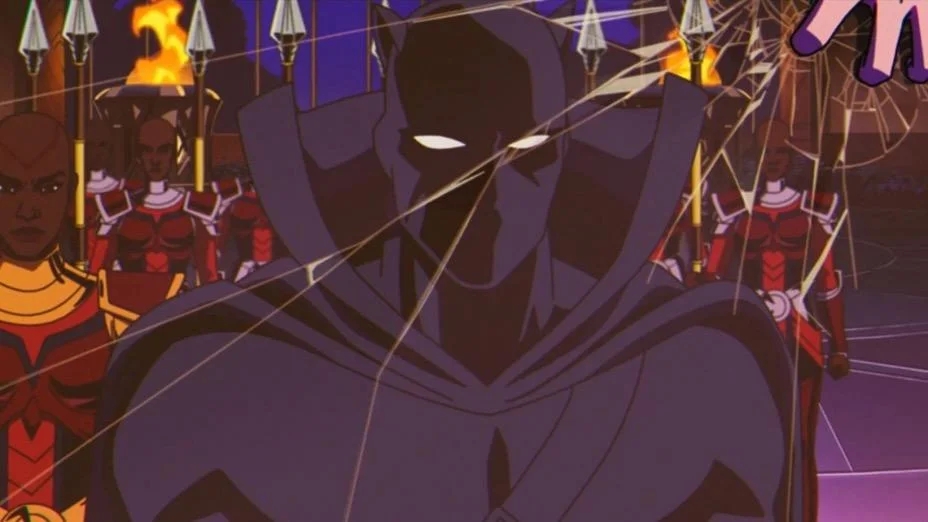
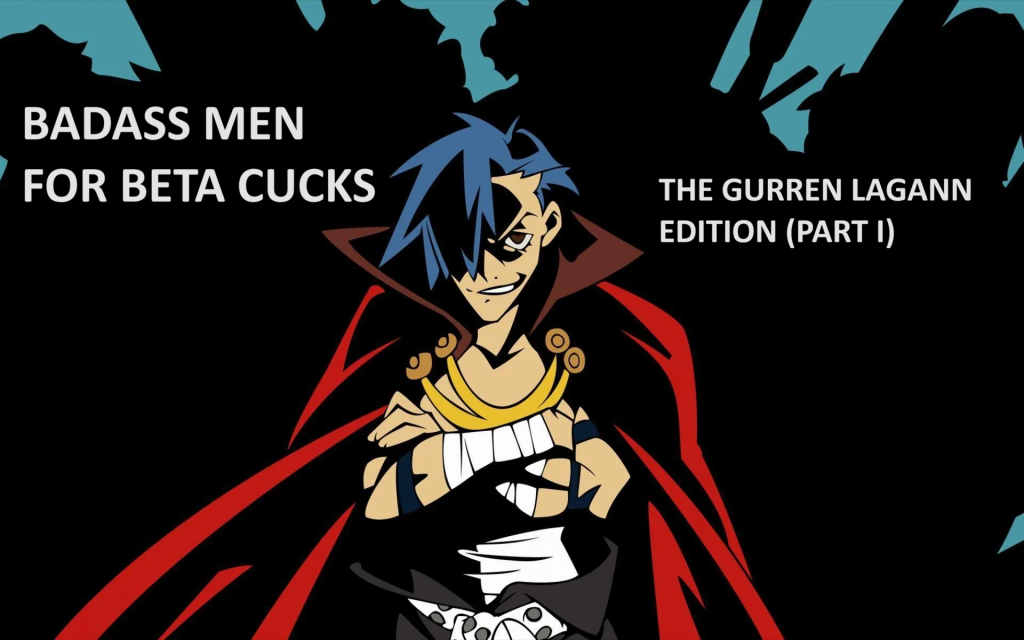
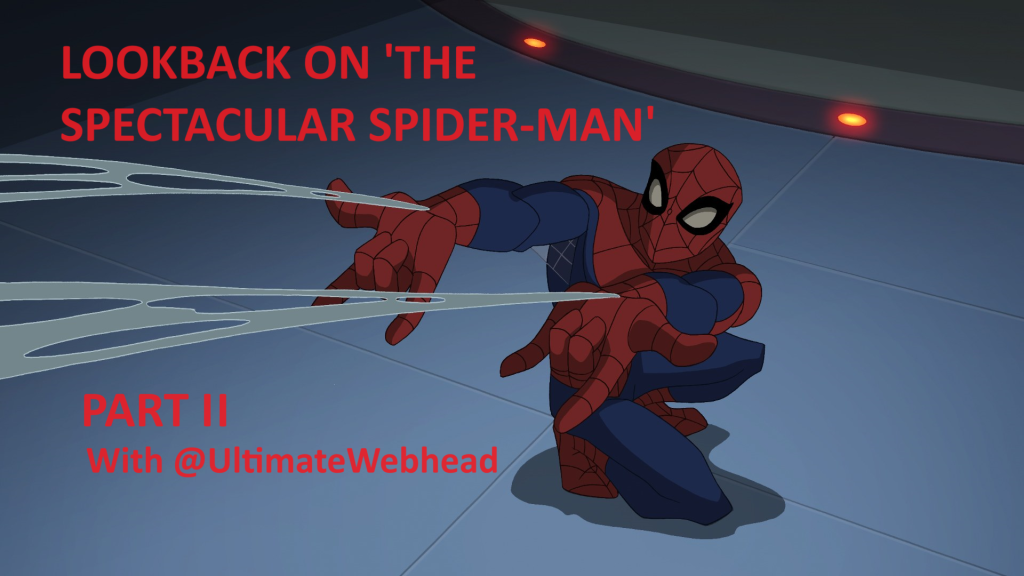
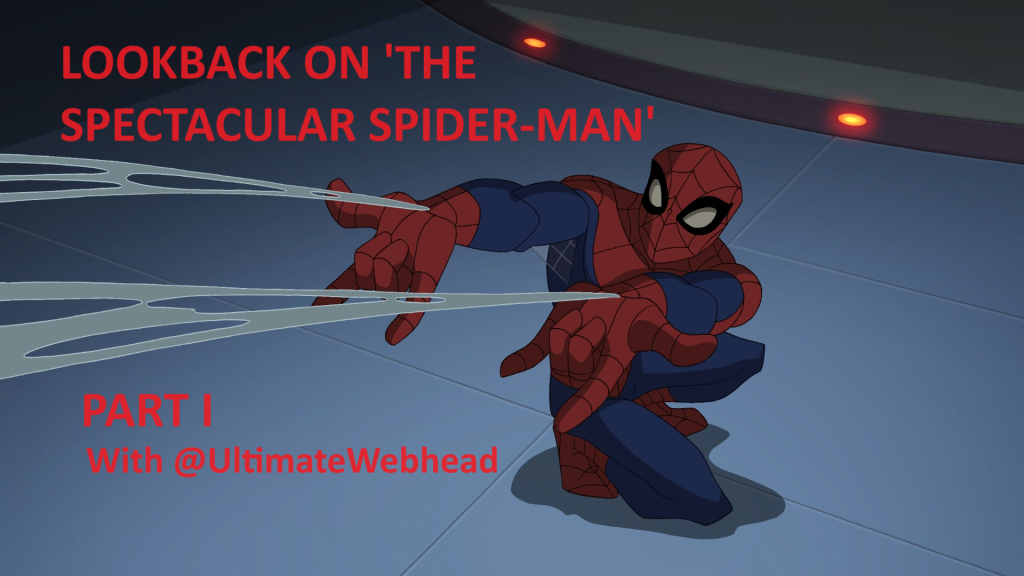
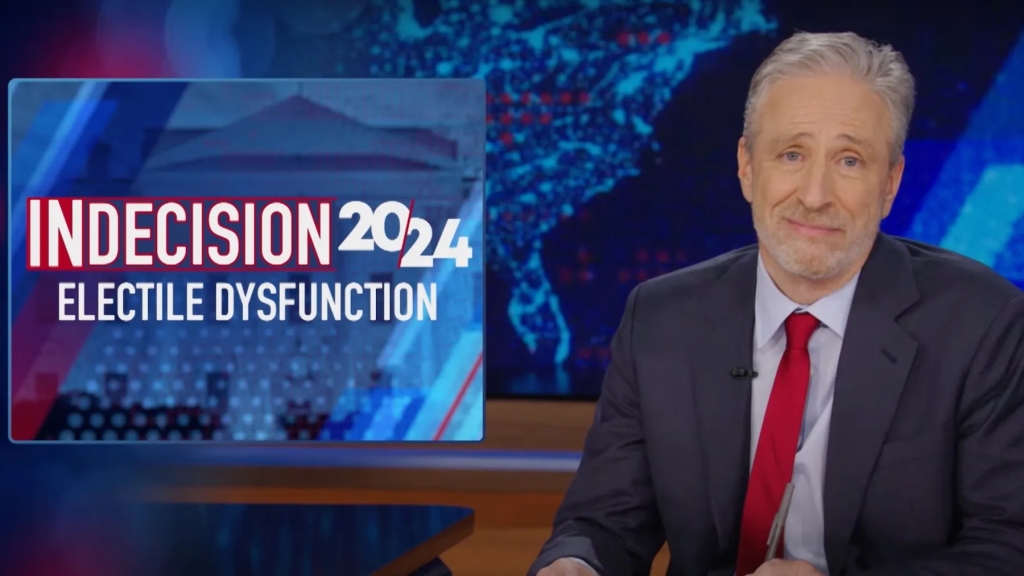
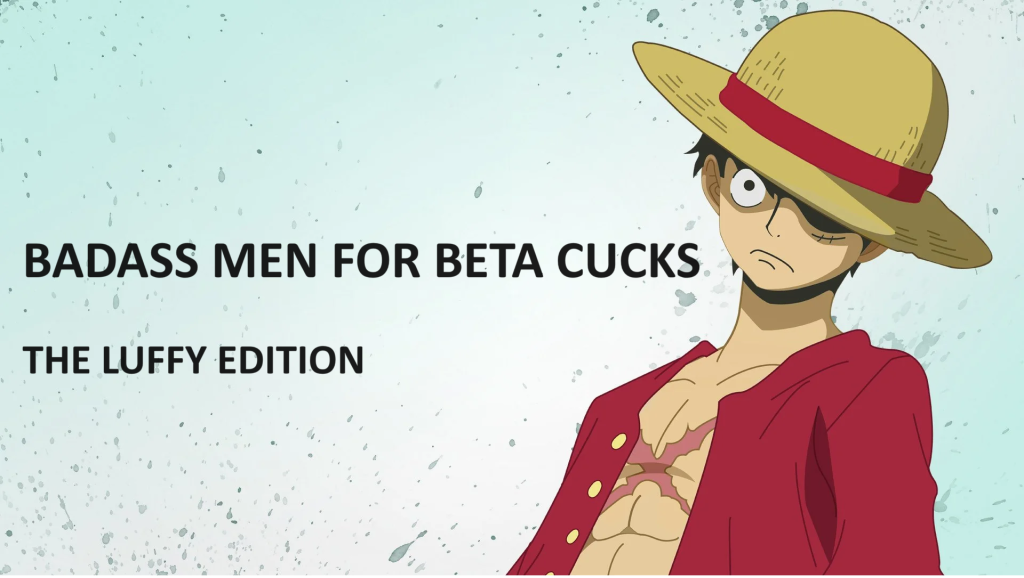
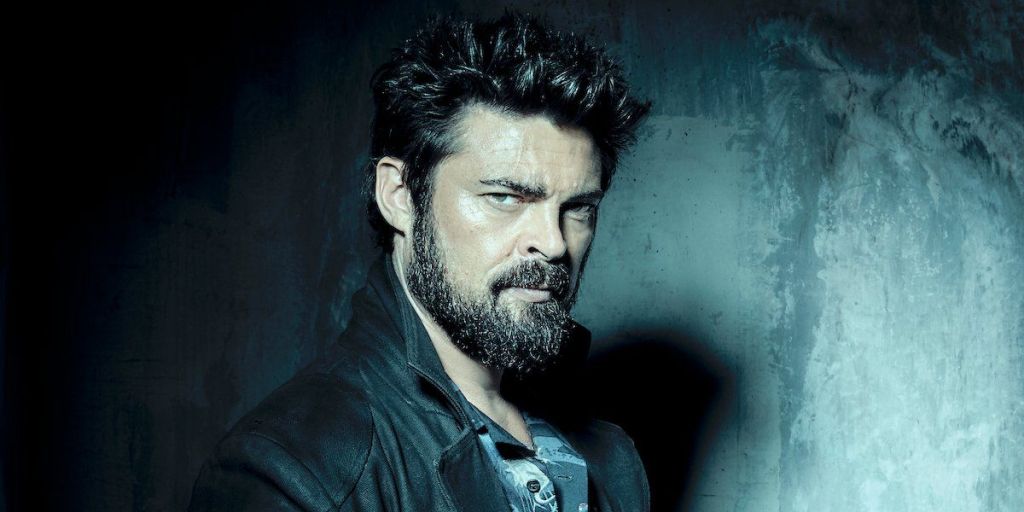

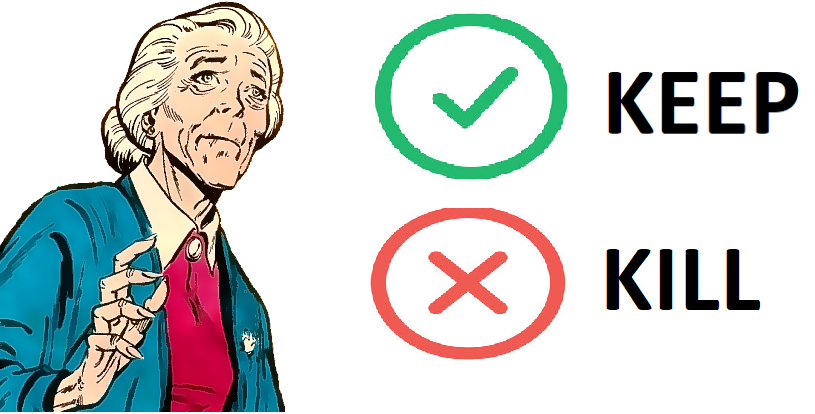

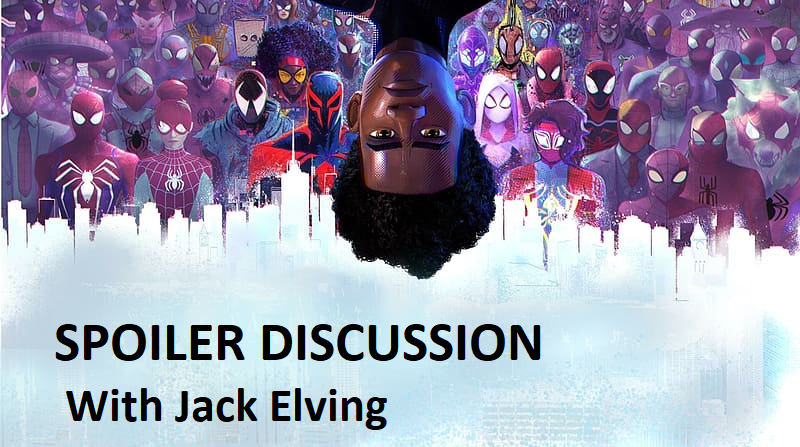
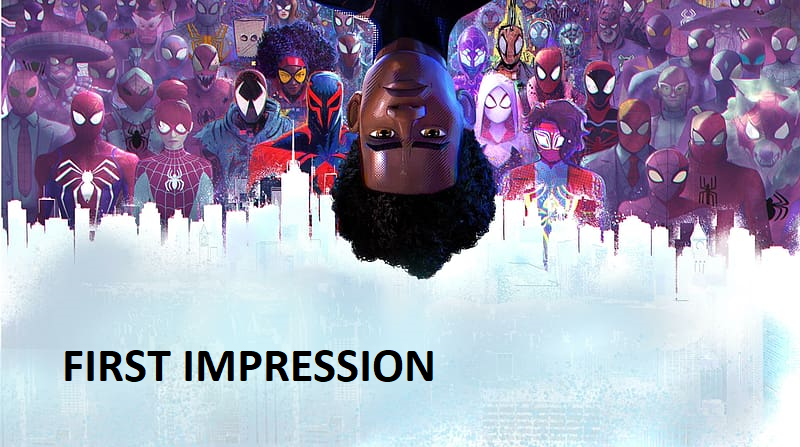

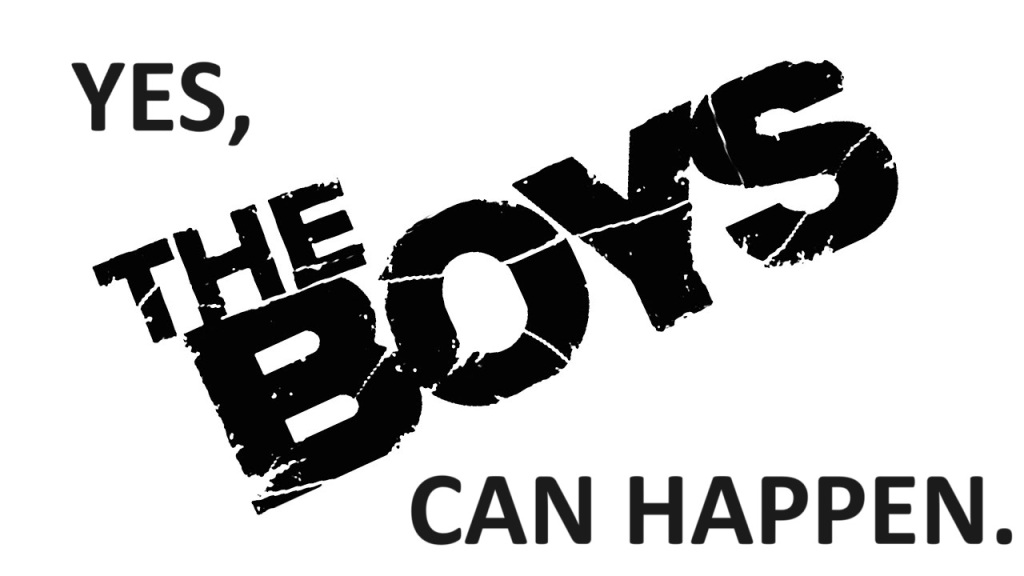
Leave a comment